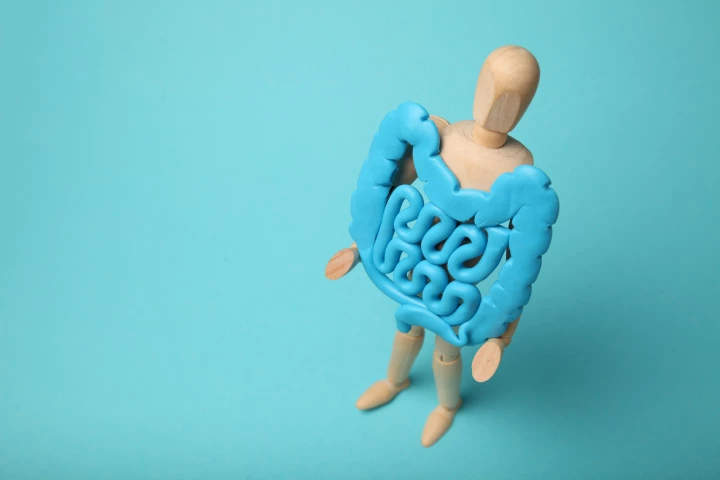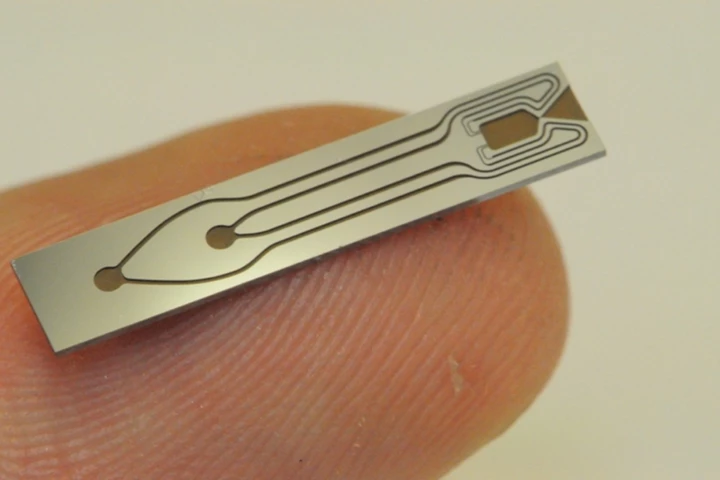Imperial College
-
After comparing the long-term effects of the psychedelic psilocybin and a commonly prescribed antidepressant, new research found that both significantly reduced depression. However, psilocybin provided something more: a significant boost to quality of life.
-
Researchers have developed technology that creates nanoscale sacs containing a compartment within a compartment, like a Russian matryoshka doll. The novel tech is capable of delivering two drugs simultaneously or at different times.
-
As if Komodo dragons didn't seem ferocious enough already, scientists have now discovered that the reptiles tear through flesh using a coating of iron on their teeth. It is now believed that dinosaurs such as T. rex may have been similarly endowed.
-
'Night owls' get a bit of a rough time of it, with staying up late linked to a host of poor health outcomes. And, in a world where work hours favor early risers, late-night folk can feel a little out of step with society. Well, we have some good news.
-
For the first time, a major trigger in inflammatory bowel disease (IBD) and related conditions has been identified, and existing drugs are capable of blocking it. It's a "massive step" in successfully treating these debilitating lifelong conditions.
-
Bacteria-produced leather is already an eco-friendly alternative to its cow-derived counterpart, but it could soon be even eco-friendlier. Scientists have gotten the microbes to color the stuff themselves, eliminating the need for toxic dyes.
-
Even mild cases of COVID cause significant, measurable cognitive deficits compared to those never infected with the virus, according to one of the largest studies of its type. COVID brain fog is real, and it can sap up to six IQ points for at least a year.
-
It’s a question we’ve all wondered at some point: why do insects spend their evenings swarming around artificial lights? Scientists have now come up with an answer using high-speed cameras and motion capture tech to map out their flight paths in 3D.
-
For the first time, scientists have found that measuring airborne allergen levels, instead of the traditional method of performing a pollen count in real time, can help the 25% of US adults with hay fever better assess risk and manage their symptoms.
-
Despite overall improved mortality rates, the number of people found at home so decomposed that it is impossible to determine their cause of death is on the rise in parts of the UK. A new study tries to parse the cause.
-
A new kind of high-frequency deep-brain stimulation has successfully stimulated neurons in the hippocampus, the region that forms, organizes and retrieves memories. This non-invasive, painless treatment is now being trialed on dementia patients.
-
Imperial College is developing a rocket thruster called the Iridium Catalysed Electrolysis CubeSat Thruster (ICE-Cube Thruster) that is so small that it can only be fabricated using techniques originally designed for making silicon chips.
Load More











